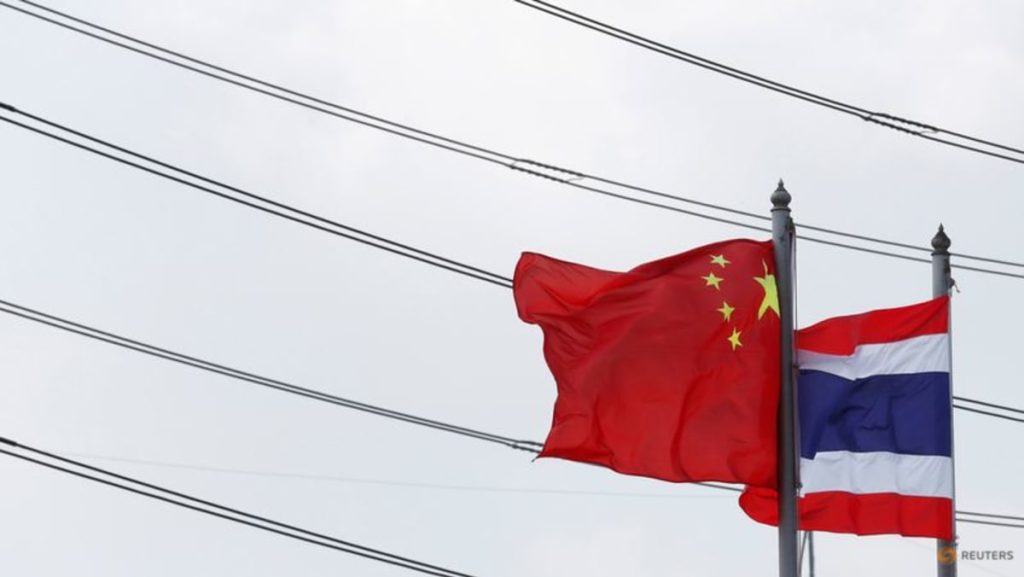The burgeoning crisis of transnational scam operations, particularly in Southeast Asia, has prompted a wave of international concern and collaborative efforts to combat these criminal enterprises. These illicit operations, often based in conflict-ridden or poorly governed regions, lure individuals from around the globe with promises of lucrative employment, only to ensnare them in forced labor and abusive conditions. The scale and brutality of these scams have garnered significant public attention, pressuring governments to take decisive action against the perpetrators and rescue the victims. China, a nation significantly impacted by these criminal networks, has taken a leading role in pushing for regional cooperation to dismantle the scam compounds and bring those responsible to justice.
The recent surge in activity against these scam centers underscores the growing urgency of the situation. The abduction and dramatic rescue of Chinese actor Wang Xing from Myanmar highlighted the dangers faced by those entrapped in these operations, galvanizing public opinion and prompting stronger governmental responses. China, in particular, has intensified its diplomatic efforts, engaging with regional neighbors to coordinate strategies and share intelligence. A trilateral meeting between China, Myanmar, and Thailand in Kunming focused on eradicating these criminal hubs, signaling a commitment to a unified approach. This collaborative spirit is crucial, as the transnational nature of these operations requires cross-border cooperation to effectively disrupt their activities.
Thailand, a key player in the regional fight against these scams, has also increased its engagement with Myanmar. A high-level military delegation visited Naypyidaw to discuss joint operations targeting human trafficking and online scams, recognizing the importance of coordinated action to combat the interconnected criminal networks. While acknowledging the need for regional collaboration, Thailand has refuted allegations by Myanmar’s state media that neighboring countries are supporting the scam operations. This underscores the complexities of addressing this issue, with potential for misunderstandings and conflicting narratives adding to the challenges of effectively combating these criminal enterprises.
Myanmar, the epicenter of many of these scam compounds, claims to have taken significant steps to address the problem. State media reports indicate that tens of thousands of foreign nationals, predominantly Chinese, have been repatriated from these centers. However, the effectiveness and sincerity of these efforts remain under scrutiny, given the ongoing political instability and allegations of complicity by some within the Myanmar authorities. The international community remains cautious, pushing for greater transparency and concrete actions to dismantle the infrastructure supporting these criminal networks and ensure the safe return of all victims.
The complex political landscape of the region further complicates efforts to combat these scams. Myanmar’s internal conflict and fragile governance create an environment where criminal enterprises can thrive, exploiting the lack of effective law enforcement and regulatory oversight. This instability also hampers international cooperation, making it challenging to establish effective mechanisms for cross-border investigations and prosecutions. The international community must navigate these complexities carefully, balancing the need to address the immediate crisis with the long-term goal of building sustainable solutions that address the root causes of these criminal activities.
Ultimately, addressing the scourge of transnational scam operations requires a multi-faceted approach that encompasses law enforcement cooperation, diplomatic engagement, public awareness campaigns, and efforts to address the underlying socio-economic factors that make individuals vulnerable to these scams. International pressure, particularly from China, is crucial to holding regional governments accountable for their actions and ensuring that they prioritize the protection of their citizens and foreign nationals from these criminal networks. Continued collaboration and information sharing are essential to dismantling these operations, rescuing victims, and bringing the perpetrators to justice. The fight against these scams is a long-term endeavor that requires sustained commitment and a coordinated international response to effectively address this growing threat.










